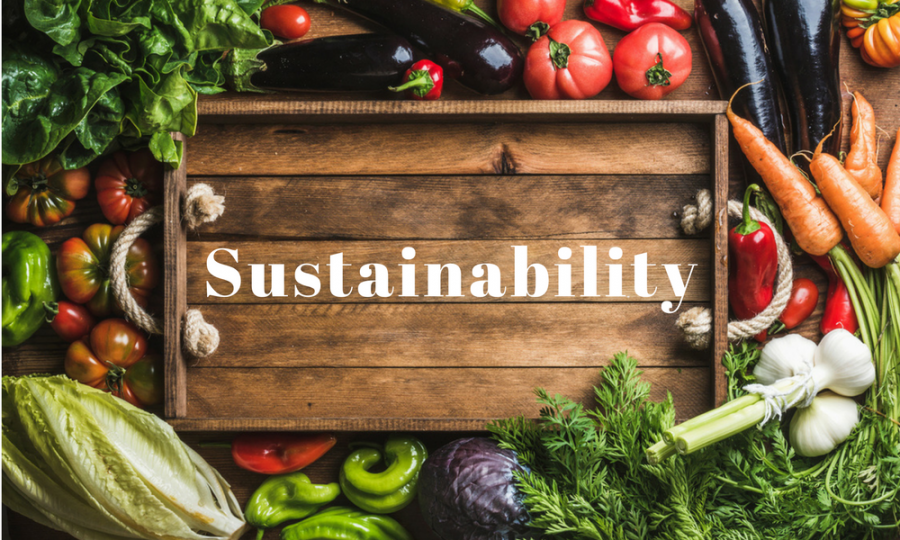This year BBC Earth launched a new cause to “place sustainable fashion at the heart” of London Fashion Week. This eco-friendly move was done in collaboration with British Fashion Council and clothing company Mother of Pearl. A short film was made for the event and premiered on Saturday.
Ethical fashion is becoming an increasingly hot-topic. Headlines have celebrated the fact London Fashion Week is officially fur-free – an announcement made by the British Fashion Council that reflects an important cultural change in the way consumers are shopping for clothes.
There has been a shift towards understanding the importance of using ethically sourced, natural materials. Consumers are increasingly seeking out Fair Trade brands or simply looking into the production processes behind the clothes they wear. There has been an increased awareness to the impact of buying decisions.
Alongside the traditional London Fashion Week shows, a series of events are taking place to highlight some of the eco-friendly and ethical issues within fashion.
Sustainable fashion is not a trend, but a new movement which needs to be recognized as an industry standard. This is why it is even-more important for the industry leaders to promote these values at London Fashion Week so others will follow.
Not one to shy away from coming challenges, CSE always keeps up with the latest sustainability trends! Join us in London on March 14-15 2019 as we will discuss many more crucial areas of sustainability. Also, we are excited to present in London, CSE’s brand new research findings on Sustainability (CR) and Non-Financial Reporting in Europe. The research explores the level of commitment of European companies, through their common Sustainability and Corporate Responsibility strategic goals, and how well they measure their impacts and social value.
There is limited seating so hurry up. Contact us: [email protected]









